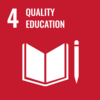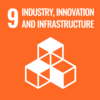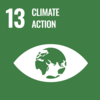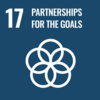Green Citizen Symposium - SDG Case Competition - Seneca Sustainability Hackathon.
These three flagship events at Seneca promote sustainability challenges and solutions, with the purpose of fostering innovation, and teaching and engaging about the SDGs, while providing fundamental skills to the students.
The summaries of the events are the following:
The Green Citizen Symposium - Each year, Seneca College hosts the Green Citizen Symposium - an event that brings together thought leaders, students, and the community to raise awareness and engage in meaningful discussions about sustainability, providing rich programming for Seneca students to understand how sustainability relates to their field of study and encourage and inspire attendees with concrete ways to act in the fight against climate change.
The SDG Case Competition - SDG training at Seneca has historically been part of the International Development Week hosted by the international department since 2018 with the objective to educate the Seneca community about the Sustainable Development Goals. In 2021, the event was redesigned as an SDG case competition.
Sustainability Hackathon - A hackathon is a problem-solving competition in which a diverse group of people form a team and decide to collaborate intensively to develop solutions to given problems or “challenge sets”. A cause hackathon, such as this Sustainability Hackathon, is an event focused on increasing awareness of global causes and providing avenues for participation to become engaged and involved in making the world a better place.



